The simple and straight answer is ‘No, you are not!’. I can take my own example – I started studying, understanding, and listening to western classical music (for the first time) at the age of 32 and by the time I was 41, I finished Licentiate diplomas in Theory and Composition and reached a decent level of playing piano (all with a regular full-time job with frequent travel). Of course, passion and perseverance are two qualities that are required along with discipline and self-motivation.
Learning Music can broadly be divided into 4 areas – performance, musicology, composition and conducting.
Let’s take each aspect separately and study how age can impact these. In all these cases, I’m excluding prodigies 🙂
Performance
Anyone can start any instrument anytime irrespective of age. What is required to be successful here is commitment, discipline, and the drive; especially when you start late. In my opinion, it would be easier to start at an age where one need not think much about financial or social stability (i.e., either as a kid or when secured enough). Starting as kid has a definite advantage of finger dexterity and suppleness (required on many instruments). As a late beginner, the main hurdles would be matters that deviate and divide focus and the fear of failure. These can be overcome easily if realized early and with a good mentor. One should not be too self-critical in the process essentially.
Learning theory and about the specific instrument (how it developed from its predecessor instruments, different instruments in the same class, important compositions / composers etc.) generates a lot of interest and creates an emotional bond with the instrument which is necessary for continuity. For adults, there could be some unlearning required if they come from a different genre of music. Just to take an example, Indian classical music is monophonic whereas western classical is polyphonic. The method of playing some instruments is completely different (ex. Violin) in both the systems. We can also observe that Indian students find it difficult to master sight reading as most of the music they acquire is by the ear and not by sight!
Musicology
This requires more reading, listening and study. This is more suited to adults in my opinion as comprehension can be holistic, analytical, and structured. On the other hand, kids love active involvement like hearing what they/others play rather than calm and isolated self-study. Within musicology, there are different areas that one can delve deeper, one can pick a favourite composer and study those works in detail for example. Over a period, one can even develop interest on playing a particular instrument or even composition and make the spectrum wider.
Composition
This is an advanced aspect of music which can either be developed through mastery in playing an instrument or a deep study of music or a combination of both. A natural bent, creativity and innovative ideas that emerge into a personal style is to be achieved as a goal in this process. This human innovation has led to the development of music to what we are hearing today – medieval music to modern music through renaissance, baroque, classical and romantic periods. Initial compositions could be conspicuous with other composers’ influence. A strong foundation in the fundamentals is needed to be successful irrespective of age.
Conducting
This is a comprehensive skill that can be developed only after becoming a master of most of the aspects of music. The range here could be from conducting a small band to a large modern orchestra. The resources required here too are more than in any other area – large number of skilled musicians, hall, acoustics etc. In general, this is not an area to be picked up young. In this field of music, one should develop a personal touch as a goal. One should be able to interpret the composer’s true intentions (relevant to that period and translate them to modern settings) and communicate the same vividly to the musicians of the orchestra and elicit the intended output.
Happy Learning!
Start Your Musical Journey at Any Age
At Risoluto Academy of Music, we welcome students of all ages and backgrounds. Whether you’re starting fresh at 40, switching from another genre, or revisiting a lifelong passion, our personalized lessons in performance, theory, composition, and more are built to help you grow confidently and joyfully.
Join a community that believes it’s never too late to learn.
